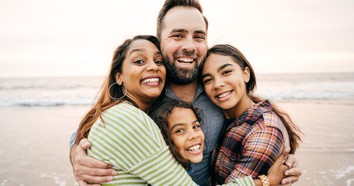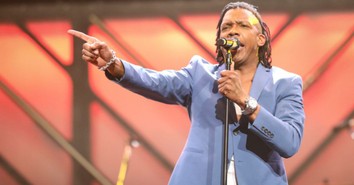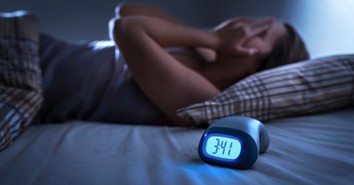N.J., Va., NYC Hold Elections

Unsettled by terrorism and looking for confident leaders, voters elected governors Tuesday in New Jersey and Virginia and chose mayors in dozens of cities. In New York City, still reeling from the attack on the World Trade Center, the mayoral race was a cliffhanger.
In New Jersey and Virginia, Democrats were favored to win governorships now held by Republicans. With 39 percent of the precincts reporting in Virginia, Democrat Mark Warner led Republican Mark Earley, 51 percent to 48 percent.
The rivals in New York - Democrat Mark Green and Republican Michael Bloomberg - cast ballots after campaigning through the night. Polls showed a deadlock in the race to succeed Rudolph Giuliani, a Republican barred from seeking a third term.
Green, the city's elected public advocate, spent about $12 million on his campaign, while Bloomberg, the billionaire owner of the Bloomberg financial information company, was expected to spend more than $50 million of his own money. That makes it the most expensive mayoral campaign in U.S. history, according to Common Cause, a citizen lobbying group.
Green's once-large lead in the polls faded after the popular Giuliani endorsed Bloomberg as the man to guide New York through the aftermath of the World Trade Center attack.
In Virginia, Warner appeared poised to break the Republicans' eight-year domination of state government in his race against Earley, a former state attorney general. With 892 of 2,314 precincts reporting, Warner had 337,828 votes to 321,948 for Earley,
Earley was handicapped by Republican infighting over taxes and the state budget. Warner, a wealthy entrepreneur, put $4.7 million of his own fortune into a campaign that has raised $18.2 million, a state record.
Most polls in New Jersey showed a double-digit lead for Democrat Jim McGreevey, a suburban mayor who narrowly lost a race for governor four years ago. McGreevey had been off the campaign trail since Saturday to be with his wife, who is seven months pregnant and has been hospitalized.
McGreevey tried to portray his Republican rival, former Jersey City Mayor Bret Schundler, as an extremist for his opposition to abortion and support of school vouchers. Schundler charged that McGreevey would raise taxes.
National Republican leaders depicted the two gubernatorial races as local contests rather than as referendums on President Bush. Terry McAuliffe, chairman of the Democratic National Committee, said voters could support the president's anti-terrorism policies and still vote to reject the GOP's ``stale ideas'' on domestic issues.
Heading into the election, there were 29 Republican governors, 19 Democrats and two independents.
Voters in mayoral elections said they were looking for strong leadership.
``This is not the time for on-the-job training,'' said Gabriel Render, a 61-year-old man in Cincinnati who voted for Mayor Charlie Luken over challenger Courtis Fuller.
In Seattle, where Mayor Paul Schell lost in a primary partly because of the city's struggles to cope with recent riots, Shawn Telford, 28, said: ``Schell was kind of a doughboy. Maybe we need a mayor who will be a little more militant about things.''
Incumbent mayors were expected to win easily in Boston and Pittsburgh, but faced tough challenges in Houston, Miami, Minneapolis and Cincinnati. Mayors were leaving office in Atlanta, Detroit, Cleveland and Seattle.
Voters in five cities - Houston; Miami Beach, Fla; and Kalamazoo, Traverse City and Huntington Woods, Mich. - decided gay-rights measures, some of them proposed by conservatives hoping to thwart or roll back gains by homosexuals.
In Washington state, one ballot initiative would limit property tax increases to 1 percent a year, unless voters approved a larger levy. Another measure would raise tobacco taxes to the highest level in the country, boosting the price of a pack of cigarettes to $5.
Washington's secretary of state, Sam Reed, said he was unsure how the shadow of terrorism would affect turnout.
``Many people are distracted and may even feel that voting isn't as important as other things this fall,'' he said. ``And yet others passionately believe that voting is the most patriotic thing an American can do.''

Originally published November 06, 2001.







